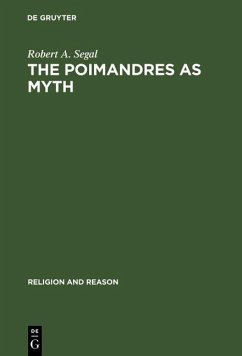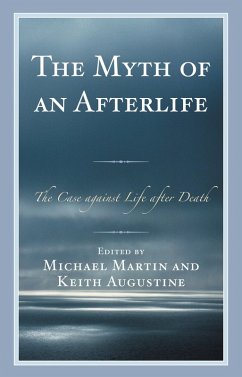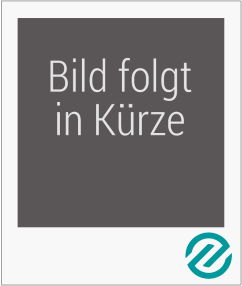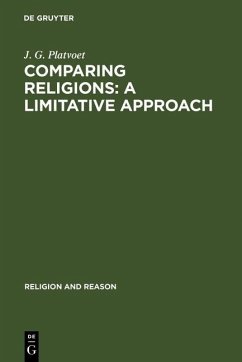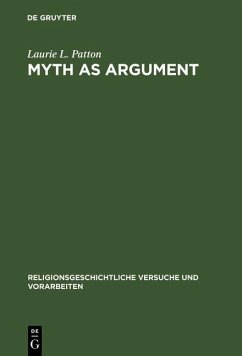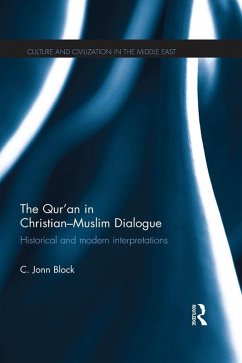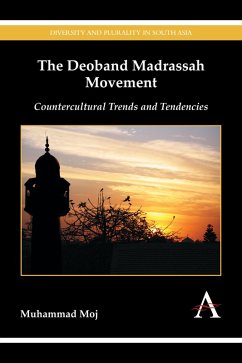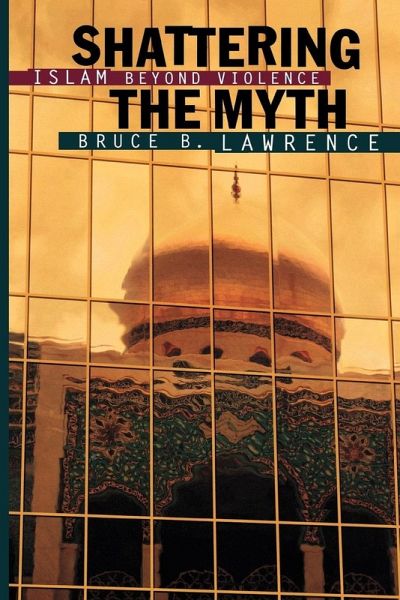
Shattering the Myth (eBook, PDF)
Islam beyond Violence

PAYBACK Punkte
17 °P sammeln!
Islam is often portrayed, especially in Western media, as an alien, violent, hostile, and monolithic religion, whose adherents are intent upon battling nonbelievers throughout the world. Shattering the Myth demonstrates that these conceptions more accurately reflect the bias of Western reporters than they do the realities of contemporary Islam. Westerners are barraged by images of violence that usually originate from armed confrontations in one small corner of the world. Islam, Bruce Lawrence argues, is a complex, international religious system that cannot be reduced to stereotypes. As Lawrenc...
Islam is often portrayed, especially in Western media, as an alien, violent, hostile, and monolithic religion, whose adherents are intent upon battling nonbelievers throughout the world. Shattering the Myth demonstrates that these conceptions more accurately reflect the bias of Western reporters than they do the realities of contemporary Islam. Westerners are barraged by images of violence that usually originate from armed confrontations in one small corner of the world. Islam, Bruce Lawrence argues, is a complex, international religious system that cannot be reduced to stereotypes. As Lawrence demonstrates, Islam is a religion shaped as much by its own postulates and ethical demands as by the specific circumstances of Muslim people in the modern world.
The last two hundred years have brought many challenges for Muslims, from colonial subjugation through sporadic revivalism to elitist reform movements and, most recently, pervasive struggles with fundamentalism. During each period, Muslims have had to address internal tensions, as well as external threats. Today Muslims in the post-colonial era, only some of whom are Arab and living in the Middle East, are playing ever greater roles in economic changes, both regional and international. As the impact of these changes has become evident in societies around the globe, new leaders have come into public view. The most remarkable emerging presence is that of Muslim women. Lawrence argues that it is the experience of Muslim women in particular that calls for a more nuanced understanding of Islam today.
It is time, Lawrence believes, to replace inaccurate images of Islam with a recognition of the multifaceted character of this global religion and of its widely diverse adherents. Here he describes changes that are taking place throughout the world, particularly in Southeast Asia, enacted by governments and nongovernmental organizations alike. In a time of rapid international change, Lawrence suggests that it is time for our images of Islam to reflect more clearly the realities of Islam as it is lived. Shattering the Myth provides significant insights into the history of Islam and a greater understanding of the varied experiences of Muslims today.
"An informed interpretation of the contemporary Muslim experience . . . Lawrence's explanations for the particular states of affairs in Egypt, Iran, Pakistan, and Malaysia, among other cases, are compelling . . . [A] distinguished contribution."--From the foreword by James Piscatori and Dale F. Eickelman
The last two hundred years have brought many challenges for Muslims, from colonial subjugation through sporadic revivalism to elitist reform movements and, most recently, pervasive struggles with fundamentalism. During each period, Muslims have had to address internal tensions, as well as external threats. Today Muslims in the post-colonial era, only some of whom are Arab and living in the Middle East, are playing ever greater roles in economic changes, both regional and international. As the impact of these changes has become evident in societies around the globe, new leaders have come into public view. The most remarkable emerging presence is that of Muslim women. Lawrence argues that it is the experience of Muslim women in particular that calls for a more nuanced understanding of Islam today.
It is time, Lawrence believes, to replace inaccurate images of Islam with a recognition of the multifaceted character of this global religion and of its widely diverse adherents. Here he describes changes that are taking place throughout the world, particularly in Southeast Asia, enacted by governments and nongovernmental organizations alike. In a time of rapid international change, Lawrence suggests that it is time for our images of Islam to reflect more clearly the realities of Islam as it is lived. Shattering the Myth provides significant insights into the history of Islam and a greater understanding of the varied experiences of Muslims today.
"An informed interpretation of the contemporary Muslim experience . . . Lawrence's explanations for the particular states of affairs in Egypt, Iran, Pakistan, and Malaysia, among other cases, are compelling . . . [A] distinguished contribution."--From the foreword by James Piscatori and Dale F. Eickelman
Dieser Download kann aus rechtlichen Gründen nur mit Rechnungsadresse in A, D ausgeliefert werden.




